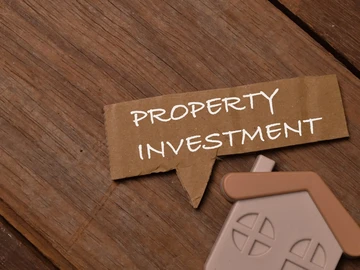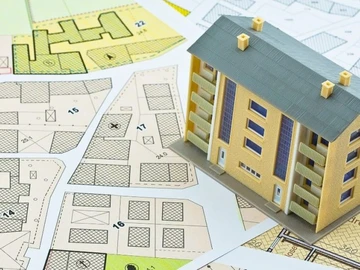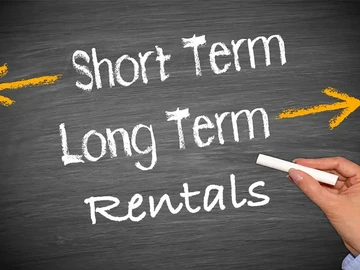Buying property is one of the most significant financial decisions you'll ever make don't let haste lead to regret. Whether you're a first-time homebuyer or a seasoned investor, thorough research is essential to avoid costly mistakes. From legal pitfalls to market miscalculations, failing to do your homework can turn your dream investment into a long-term liability.
Why Research Matters in Property Buying
1. Understand Market Trends
Before making a purchase, analyze local real estate market trends. Ask yourself:
- Are prices rising or falling?
- What’s the demand like in the area?
- Is the market saturated or undersupplied?
Stat: In Zimbabwe, urban property prices rose by 14.7% in 2024, largely driven by high demand and low supply (source).
Understanding where the market is headed helps you buy low and sell high or at least avoid buying at a peak.
Location, Location, Location
It’s a cliché for a reason. The value of your property is heavily influenced by its location. Evaluate:
- Proximity to schools, hospitals, and transport
- Planned infrastructure developments
- Crime rates and neighborhood reputation
Tip: Check with municipal offices for zoning plans or future developments. Buying next to an upcoming highway or shopping center might boost your ROI.
Don’t Ignore Property Inspections
A common mistake buyers make is skipping a professional property inspection. Issues like faulty wiring, structural damage, or illegal renovations may not be visible at first glance but could cost thousands in repairs.
Pro Insight: In 2023, over 30% of post-sale disputes in Zimbabwe’s urban areas involved undisclosed property defects, according to the Zimbabwe Institute of Surveyors.
Verify Ownership and Legal Documents
Due diligence isn’t complete without checking title deeds and verifying that the seller legally owns the property. Engage a registered conveyancer to:
- Confirm clean title
- Identify disputes or encumbrances
- Ensure proper transfer of ownership
Scams and double sales are a real threat in areas with inadequate land registration systems. Better safe than sorry.
Budget Beyond the Price Tag
When budgeting, don’t just focus on the purchase price. Consider:
- Legal and registration fees
- Taxes and levies
- Renovation or repair costs
- Homeowners’ association fees (if applicable)
Also, assess your mortgage affordability if you plan to finance. Interest rates can significantly affect your monthly payments and total investment.
Talk to Real Estate Professionals
Consulting with:
- Real estate agents
- Property lawyers
- Independent valuers
- Financial advisors
...can give you insights you might miss. Local expertise is especially vital if you’re buying in unfamiliar areas or planning to invest from abroad.
Common Red Flags to Watch For
- Seller reluctance to provide documents
- Suspiciously low prices
- Verbal agreements only (get everything in writing!)
- Properties without approved building plans
Checklist: What to Research Before You Buy
- Location & neighborhood reputation
- Market trends & price comparisons
- Property condition & inspection report
- Legal documents & ownership
- Development plans in the area
- Total costs beyond the price
- Rental potential (if investing)
Final Thoughts
Don’t rush. Do the research. Buying property without adequate preparation is a recipe for regret. With the right knowledge and expert guidance, you can make confident, informed decisions that yield long-term benefits.
Remember: In real estate, what you don’t know can hurt you but what you do know can make you money.
 Continue with Facebook
Continue with Facebook
 Continue with Email
Continue with Email














